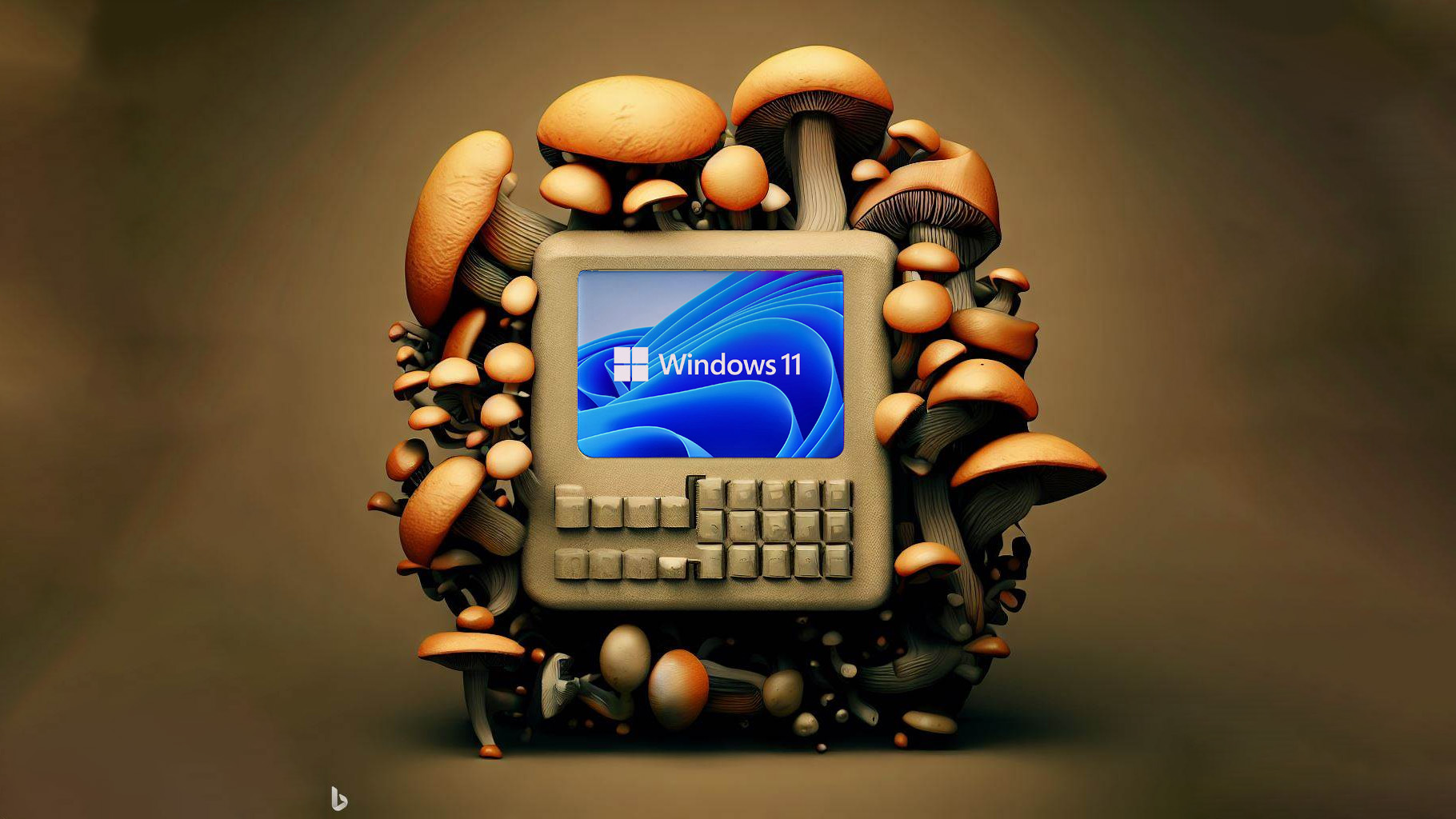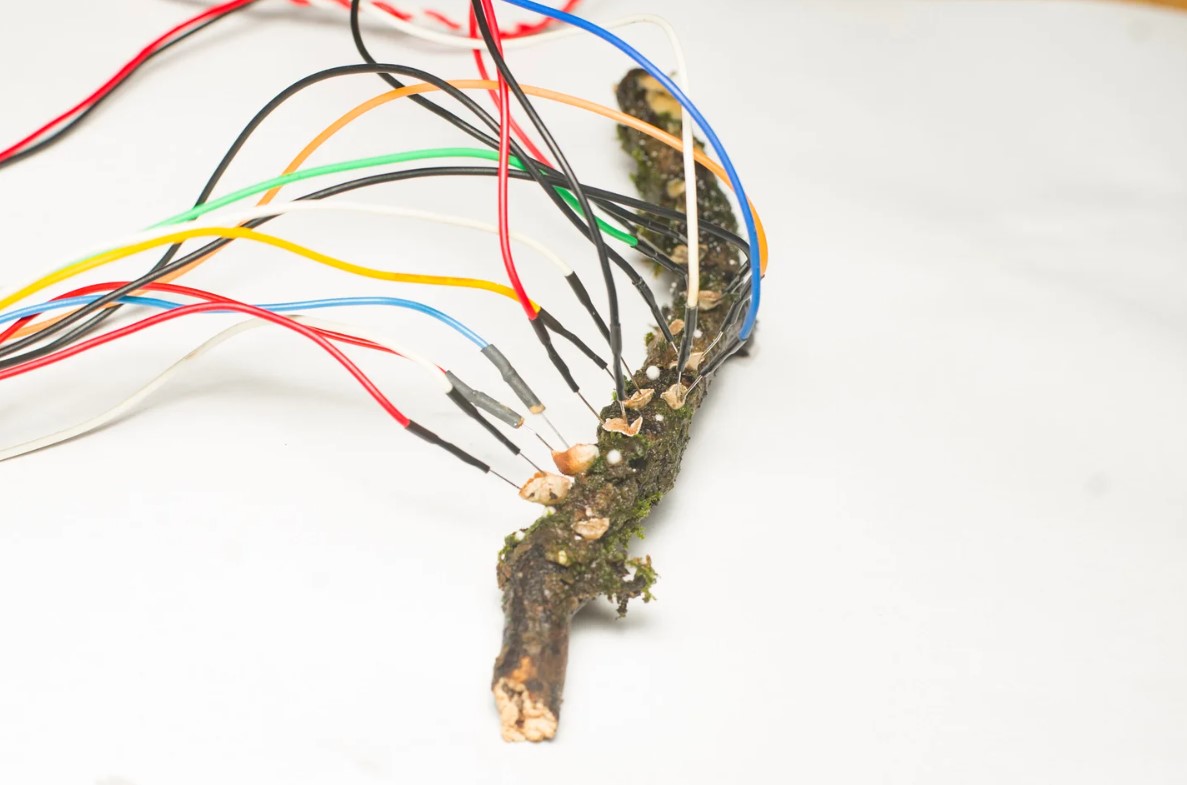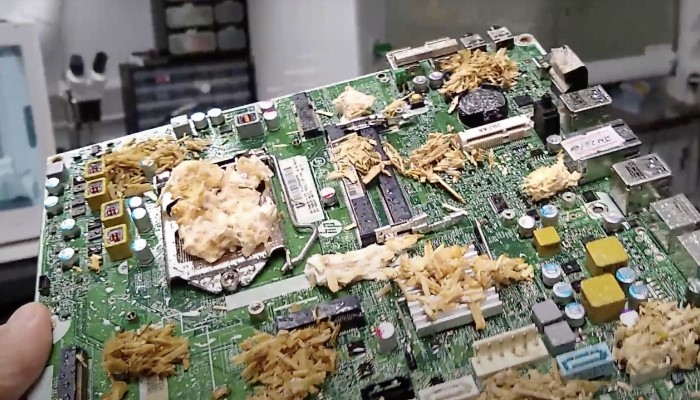Your future Windows PC might be full of mushrooms
A UK lab is exploring biotech on another level.

It sounds like science fiction, but one lab is working to make it into a reality.
The digital world has transformed our entire lifestyle, those shiny 1s and 0s are the basis of our entire global economy now, and represent how the vast majority of us work and play on a day-to-day basis. However, the digital binary is limited in some ways, which is why many futurists see quantum computing as the next leap in tech, owing to superpositions that allow algorithms that exist beyond the typical on-off binary regular old bits find themselves restricted to. Indeed, the real world operates on a more fluid dynamic than what binary computing can allow for, which is one reason why quantum qubits have gained popularity in recent years. But quantum computing has a long way to go before it can be effectively domesticized, owing to costs, power usage, and so on. What if there was another way?
A report in PopSci recently highlighted an unconventional research lab that is studying an alternative computing methodology that, one day, may recreate some of the futuristic cybernetic visions of biological-technological interfacing a reality.
Founded in 2001, the Unconventional Computing Laboratory based in the UK's Bristol University is exploring how fungi colonies and mycelium may form the basis of future computing solutions.

For those who have seen The Last of Us TV show or played Resident Evil Village, you may be aware of the network-like "root" structure of mushroom colonies, known as mycelium. Some of the largest known continuous mycelium structures stretch for anywhere up to ten square kilometers, and process electrical signals in a familiar "circuit-like" fashion. Recent studies have suggested that mycelium highways could be processing and even sharing information, warning of potential predation, sharing locations of food sources, and other things — albeit inconclusively (for now). In any case, the potential is being explored by the lab as a potentially more economical alternative to other computing solutions, which use exponentially more electricity to function.
Biological computer systems are described as "wetware" in the industry, and represent a field of study that comprises biological or chemical solutions. Mycelium networks are known to be senders and receivers of electrical signals. Even if we aren't exactly sure why, the research revolves around directing these signals to create a dynamic alternative to the digital binary. A lot of today's AI research revolves around mimicking the human brain and its neurological structure, to that end. The Unconventional Computing Lab is exploring similar possibilities.
Speaking with PopSci, Andrew Adamatzky emphasized that while real-world implementations may be far off, the potential is clear. "Right now it’s just feasibility studies. We’re just demonstrating that it’s possible to implement computation, and it’s possible to implement basic logical circuits and basic electronic circuits with mycelium. In the future, we can grow more advanced mycelium computers and control devices."
Get the Windows Central Newsletter
All the latest news, reviews, and guides for Windows and Xbox diehards.

Adopting a current, mycelium may be able to perform similar tasks to a basic circuit, with logic gates and such, similar to what you get with Minecraft's redstone system for example. The advantages of mycelium or slime mold-based computing solutions are limited but have some potential for simple devices that could incorporate more complex algorithms out of reach for a binary system. They can self-regenerate for example and use very little energy compared to a conventional circuit. It's not far fetched to envision how they could perhaps form the basis of future locking mechanisms for example, given how slime molds seem to retain memory of patterns and maze solutions. Perhaps a future version of Windows Hello could contain a blob of slime, right there on your motherboard. Who knows?
In any case, it's unlikely your mushroom-powered PC will be running Cyberpunk 2077 on maximum settings any time soon, but increasingly, biological interfacing and wetware are being explored as a solution to a wide variety of computing problems.

Jez Corden is the Executive Editor at Windows Central, focusing primarily on all things Xbox and gaming. Jez is known for breaking exclusive news and analysis as relates to the Microsoft ecosystem while being powered by tea. Follow on Twitter (X) and Threads, and listen to his XB2 Podcast, all about, you guessed it, Xbox!
